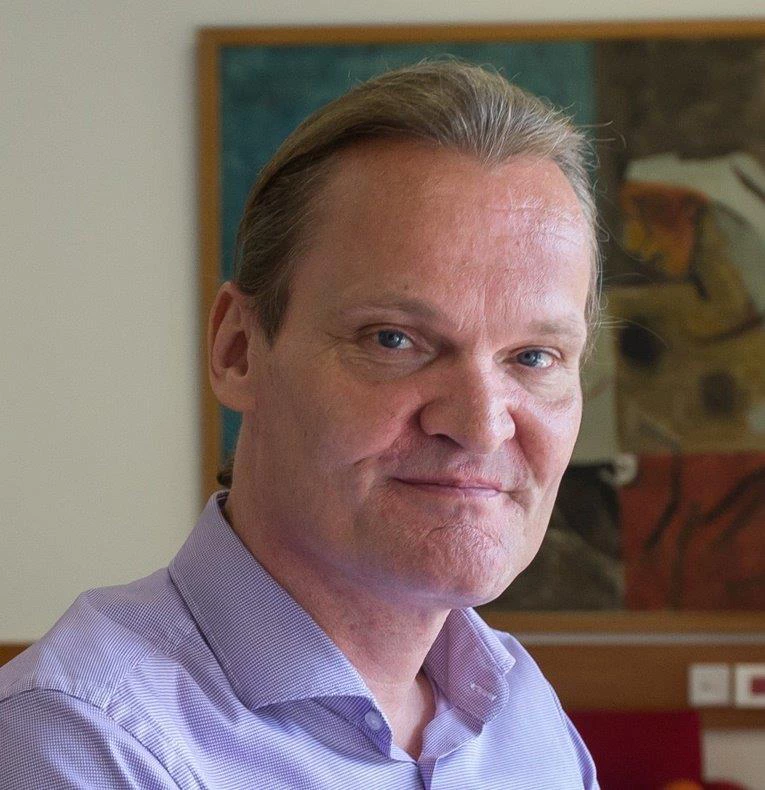 In my previous blog post, I examined how the system of oil revenue distribution in Nigeria is likely to weaken accountability and the results focus at all levels of government. Some of my colleagues actually wanted me to be more forceful than I was and close the door on the argument. However, I did not want to do so, for having lived in Nigeria for almost three years now, I have observed signs of change.
In my previous blog post, I examined how the system of oil revenue distribution in Nigeria is likely to weaken accountability and the results focus at all levels of government. Some of my colleagues actually wanted me to be more forceful than I was and close the door on the argument. However, I did not want to do so, for having lived in Nigeria for almost three years now, I have observed signs of change.
Let’s review some elements of this change:
A changing economy and developing middle class. Nigeria’s economy is roughly 80% non oil. The five years before 2009 the average growth rate of the non oil economy was almost 9%, whereas in 2009 it was 7.6%. Projections are for continued strong non-oil growth. At the same time, the oil economy has been declining almost every year over the same period. A big part of the non oil growth has come from agriculture, but there is especially fast growth in more urban sectors like services, hospitality, construction, entertainment, finance, telecommunications and ICT. This growth is leading to the development of an urban middle class, especially in major centers like Lagos. My sense is that once the economic weight of the middle class is higher than that of the traditional elite that depends on oil money for its wealth, we can expect to see major change in society and different governance results. Some might say this phenomenon is already visible in Lagos today.
Non oil revenues: Manna from below? Many states in Nigeria experienced a painful 2009, when oil revenues dropped rapidly, leading to smaller allocations from Abuja and significant fiscal stress at the state level. Part of this has been relieved by withdrawals from Nigeria’s excess crude account, a buffer designed just for that purpose, but a buffer with an end. At the same time, Lagos State had much higher internally generated revenues already and managed to keep growing those revenues. Lagos actually continued to show strong progress in infrastructure and service delivery in 2009. Many state governments now push to raise their own revenues using innovative mechanisms including TV spots using a Nigerian football star. Internal revenues are the opposite of oil revenues: they come from below and are paid by the same people who need services. These people are starting to demand better services. Could this be a road to accountability and results?
The Internet. Nigeria landed three new privately financed fiber optic cables in 2010. Bandwidth will be ample and prices are falling rapidly. A little more than six dollars will buy unlimited Facebook, Twitter, e-mail and chat on a cell phone. The President is very active on Facebook and so is his challenger for the ruling party ticket. We cannot be sure what this means, but I would bet it means change is on the horizon. Maybe this will help Nigeria know where the road is supposed to be so that it might actually be built.


Join the Conversation